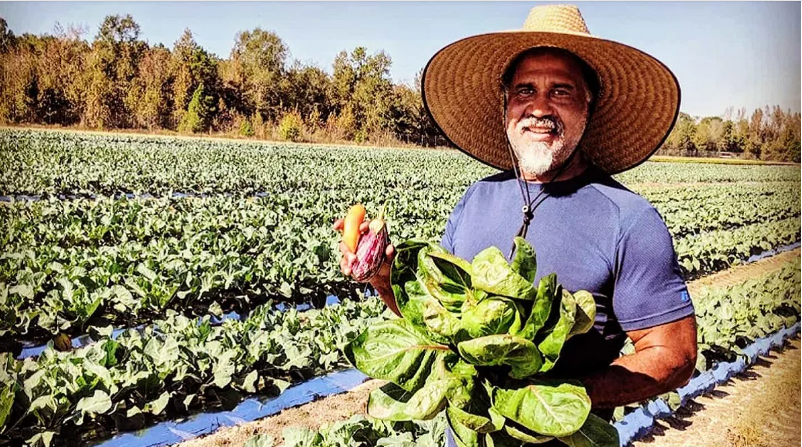Farmers are the backbone of society. Without farming, there is no food production, and millions of people would starve. Unfortunately, recent population spikes have seen an uptick in “quantity over quality” farming practices. While commercial farms are working to produce enough food, there isn’t much care given to sustainability. The question is, what are some sustainable farming practices that farmers should know?
Improved Irrigation Practices
One significant sustainability issue on farms comes from water waste. Almost 70% of global water use comes from farms, and over half of that total is lost from poor water management. While a certain amount is lost naturally from evaporation, where it just goes back into the natural water cycle, a larger portion is lost through poor water handling. When farms water haphazardly or carelessly, precious resources are lost, and the farm’s individual sustainability goes down. To stay more eco-friendly, farms need to work on water conservation.
One way to conserve water and prevent unnecessary waste is with precision irrigation. While there’s no way to get around watering crops, having a more accurate watering system can prevent water from being wasted in walkways, evaporating in the air, or watering nearby weeds. Another method of water conservation is to employ agroforestry. In this system, fruit or nut trees are planted amongst the crops to provide shade and limit the smaller plants’ water requirements. The farmers can save money on water costs and get a profit bonus from the additional product. No matter what method farms choose, it’s essential to practice improved irrigation.
Crop Diversity and Rotation
Another sustainable farming practice is crop diversity and rotation. While United States farmers initially began doing this around the event of the Dust Bowl to prevent dust storms, rotating crops has environmental benefits as well. When nitrogen-sapping crops such as corn are rotated with grains, soil health improves. Farmers will need less fertilizer to keep their fields healthy, meaning fewer chemicals come into contact with people’s food. Additionally, including soybeans, wheat, and even sunflowers in a rotation will reduce environmental damage to a field. Like farmers during the Dust Bowl discovered, improved soil health leads to sturdier dirt that can withstand storms.
Along similar lines, off-season crops can keep the soil healthy and free from weeds, reducing the need for chemical treatment when planting season comes around. For instance, when a farmer plants winter wheat in their field, weeds won’t be able to sprout, soil nutrients will be maintained, and erosion will be kept in check. When spring starts, there won’t be a need for heavy pesticides and herbicides before planting the main crop. By embracing plant diversity and rotation, farmers can save money and boost sustainability.
Sustainable Livestock Farming
Finally, employing sustainable livestock farming practices can make the world’s farms a bit more eco-friendly. While many people consider an animal-based diet unsustainable in comparison to vegetarianism or veganism due to poor farming methods, there are ways to make livestock farms more eco-friendly. One such way is by feeding animals less human-grade food. Animals with four stomachs, like cows, bison, and deer, can digest rough plant matter that humans can’t. While people’s bodies can’t use grass from marshlands or straw, these ruminants have evolved so that they can. By feeding these animals less human-grade grain, farms can encourage greater sustainability.
Additionally, keeping livestock supplies a farm’s sustainability factor. It’s a simple fact that animals are expensive, between the up-front cost and the funds they take to maintain. When these animals get sick, farms lose out on a significant investment. Not only are farms losing money, but the people relying on the farms for food are losing something. By keeping animals healthy, fewer livestock will need to be culled yearly, leading to a lesser food shortage and greater sustainability globally. No matter what animals a farm raises, it’s the farmer’s responsibility to employ sustainable practices.
Overall, farming is crucial to the world’s food supply. While farming is necessary, so is sustainability. When the two combine, the planet can thrive.















